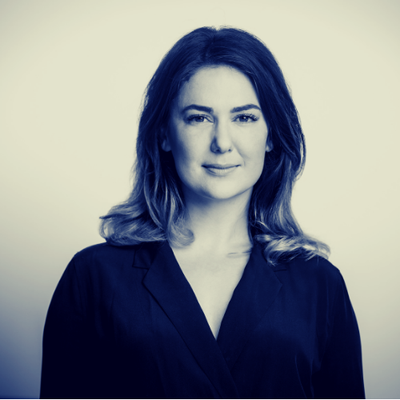The SEC OCIE’s 2020 priorities letter published earlier this week included a paragraph regarding its intended approach for the digital assets market. The letter provides support for our view that, in the near to medium term, regulators will likely monitor the digital assets market and its participants in a similar and consistent manner as with the markets for traditional asset classes. While we await the resolution of various court cases for clarity on certain fundamental issues, including as to whether a token/coin is or is not a security (see Kin, Telegram, etc), we expect that the digital equivalents of existing investment vehicles such as mutual funds, ETFs, hedge funds, and more will be treated similarly as their traditional counterparts. It appears to be “business as usual” for the foreseeable future, and numerous SEC staffers have indicated that they expect this to be the case under Jay Clayton’s leadership through 2021.

It is no surprise that the SEC has specifically called out investment firms and topics relevant to investment management, given many crypto funds have been operating as venture funds yet engaging in trading and other regulated activities that they may not be appropriately licensed to participate in. However, it will be interesting to see how the SEC decides to pursue this course of action, as the hedge fund industry has also struggled with similar challenges for quite some time. Conflicts of interest remain an area of controversy, and I imagine disclosures will become more important as firms face more scrutiny over representations made in public forums like conferences, television, and twitter. Messari* has been making strides to bring more transparency to the industry, beginning with its EDGAR-like database for token issuers, and I expect this will extend to funds at some point. At the end of the day, asset management is a regulated activity, and FINRA and the SEC have clear guidelines on marketing that should be followed by managers and firms alike. As we learned from the SEC’s case against Floyd Mayweather, DJ Khaled, and other celebrity ICO promoters – a bit of common sense and good legal counsel are essential.
The SEC continues to focus on the protection of retail investors per its mandate. I’d be curious to see how many investment firms in the crypto space fall within this category, as most funds are registered under a Reg-D exemption and therefore would only be available to accredited investors. We have seen several funds settle with the SEC for a failure to register, and as the asset management side of the digital assets industry continues to professionalize, we expect the costs of compliance for funds to increase, which will likely drive out smaller managers and confer significant advantages to funds associated with larger firms who are regulated and have in-house trading, robust compliance capabilities, and can afford in-house counsel and finance functions. At CoinShares, we have invested heavily in building a robust legal and compliance function and risk management practices, and often collaborate with peers in the digital asset management ecosystem and draw on our experience in legacy capital markets to design effective fund management practices.
It is interesting to see digital assets and blockchain technology referenced in the context of transfer agents towards the end of the letter – this is an area where the current digital asset landscape needs approvals in order to facilitate secondary markets for offerings like digital securities and security tokens. Tokensoft* recently obtained a transfer agent and several other firms like Rialto Markets are working to build venues where investors could participate in secondary trading. Without these types of venues, it is impossible to test the “liquidity” promise of these types of offerings, and it will be interesting to see what infrastructure gets built out in 2020 by both existing digital asset players and legacy financial players. At CoinShares, we have invested in Globacap* which is building these capabilities in the UK market and broader European market, and we have seen firms like Securrency partner with WisdomTree, a traditional asset manager, to bring these capabilities to the US market. We expect to see more collaboration between traditional asset managers and digital asset issuers and trading venues to start testing the capabilities of “digitization” across a variety of asset management use cases. However, building new markets and new venues takes time, and we expect it will take a significant amount of time (2 to 5 years, if not longer) for a meaningful market to develop.
Note: Meltem is personally an investor in Messari and TokenSoft, and CoinShares is an investor in Globacap.




